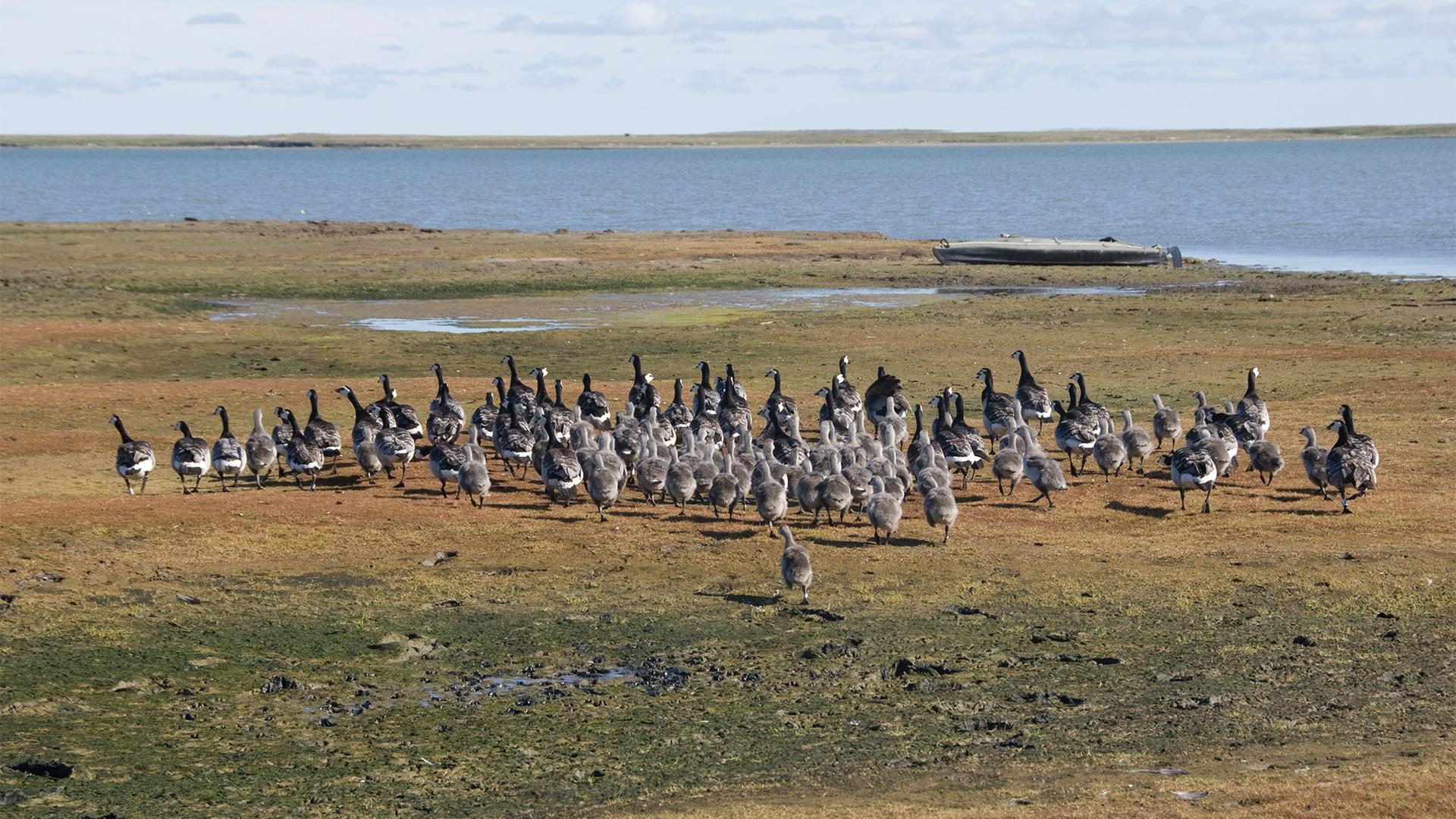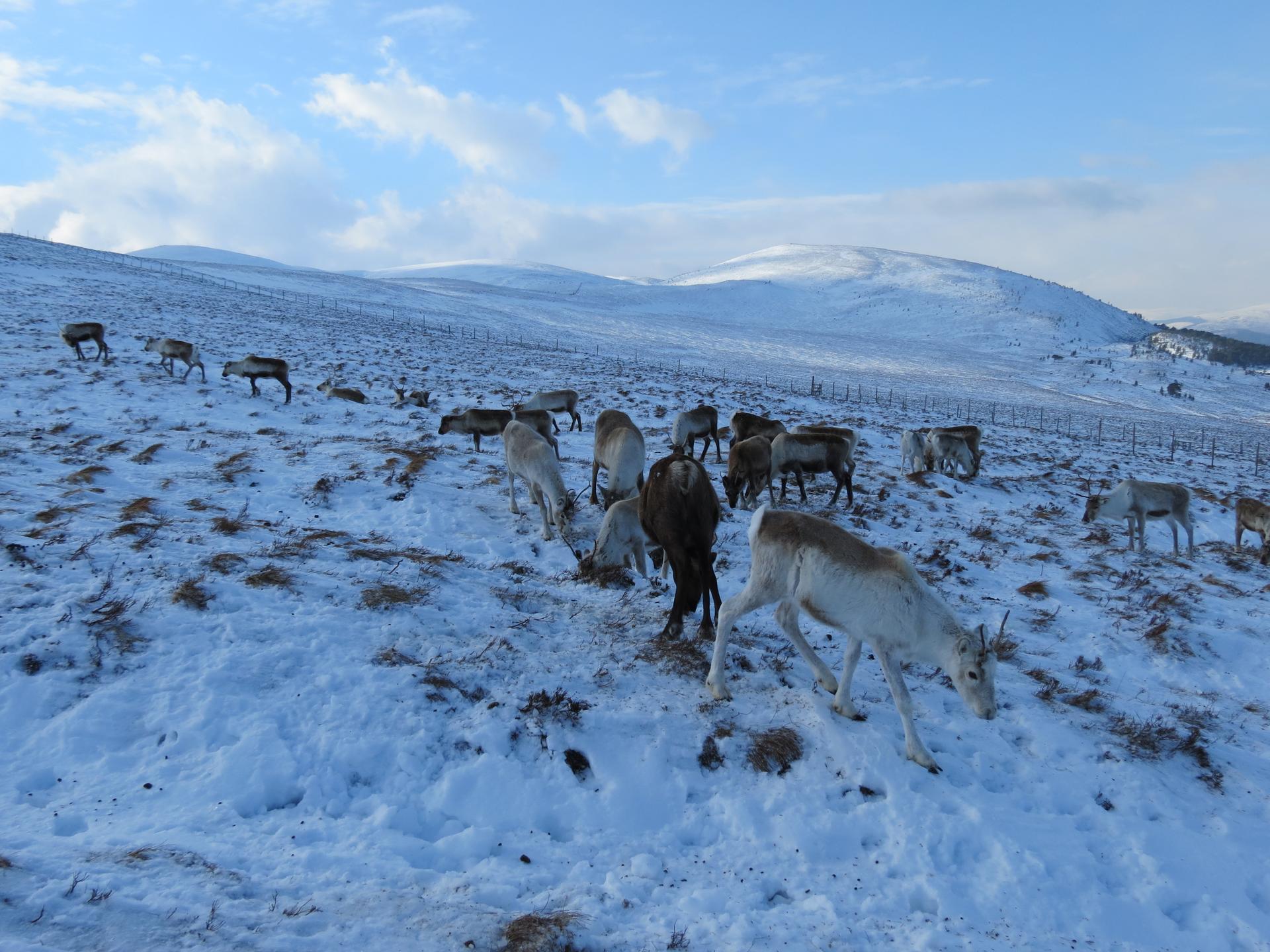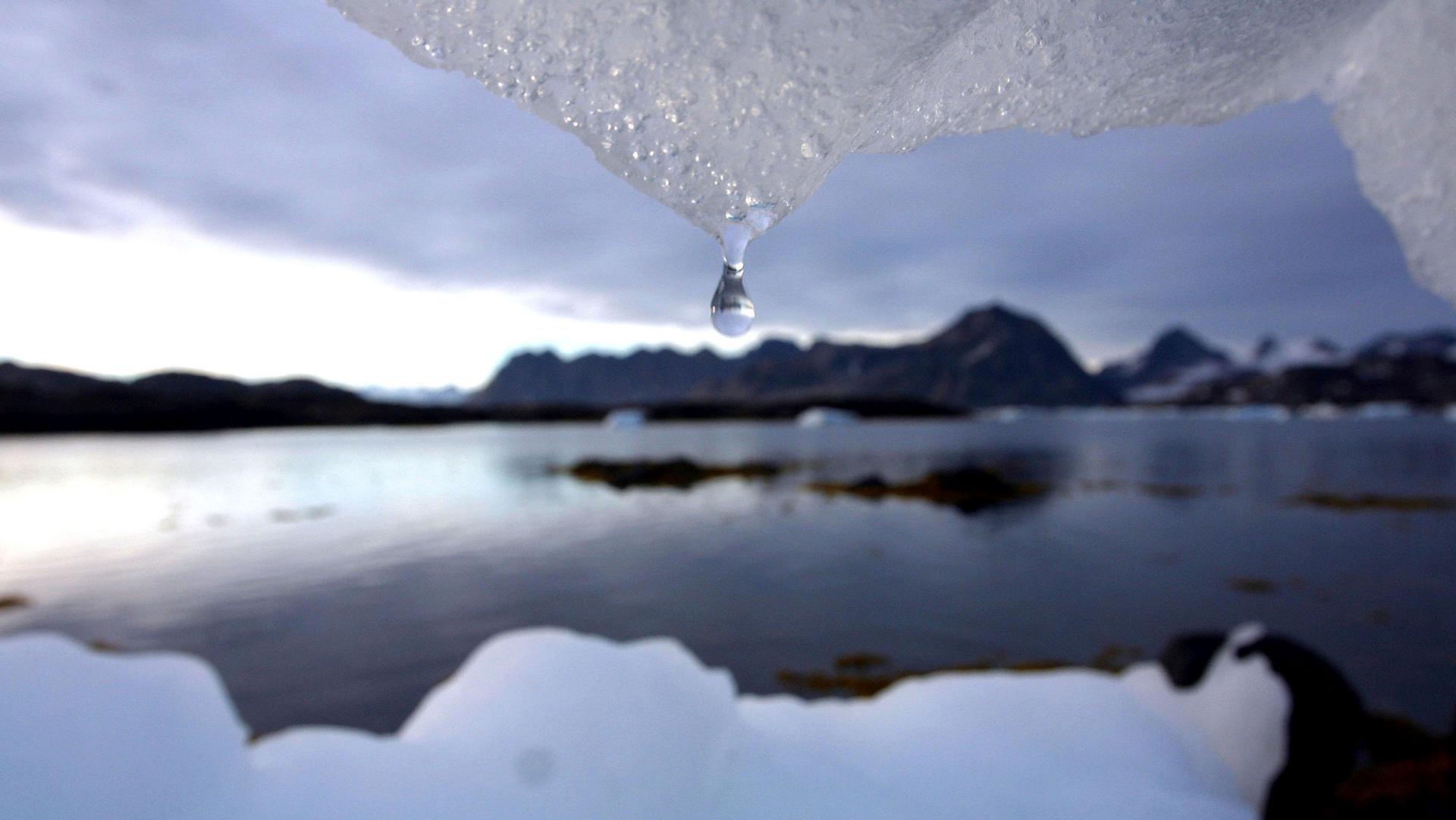Polar
Animal species are evolving to adjust to climate change, but scientists say time is running out
Scientists have been studying changes in animal physiology and behavior, some of which they believe are linked to rising global temperatures. They say the adaptations are beneficial, but may have limitations in the long term.
With global warming, Emperor penguins will ‘have no place to breed’ says researcher
A new study says if global warming continues at its current rate, more than 80% of Emperor penguin colonies will be gone in the next 80 years. Phil Trathan, who co-authored the study, joined The World’s host Marco Werman to discuss the plight of penguins.
New ICARUS tracking system helps scientists unlock mysteries of migration
Information collected from orbiting satellites can tell us a lot about the weather, our changing climate and abundant life on Earth. Thanks to advances in technology, soon we may be able to watch, in real-time, the movements and migration of tiny winged species, including insects.
A heat wave in Siberia signals dangerous Arctic warming
Siberia hit a record-high temperature of 100.4 degrees Fahrenheit on June 20 in the town of Verkhoyansk, north of the Arctic Circle. Scientists say it is an ominous sign of things to come. “I was shocked at the magnitude of it …” says Susan Natali, Arctic program director at Woods Hole Research Center.


